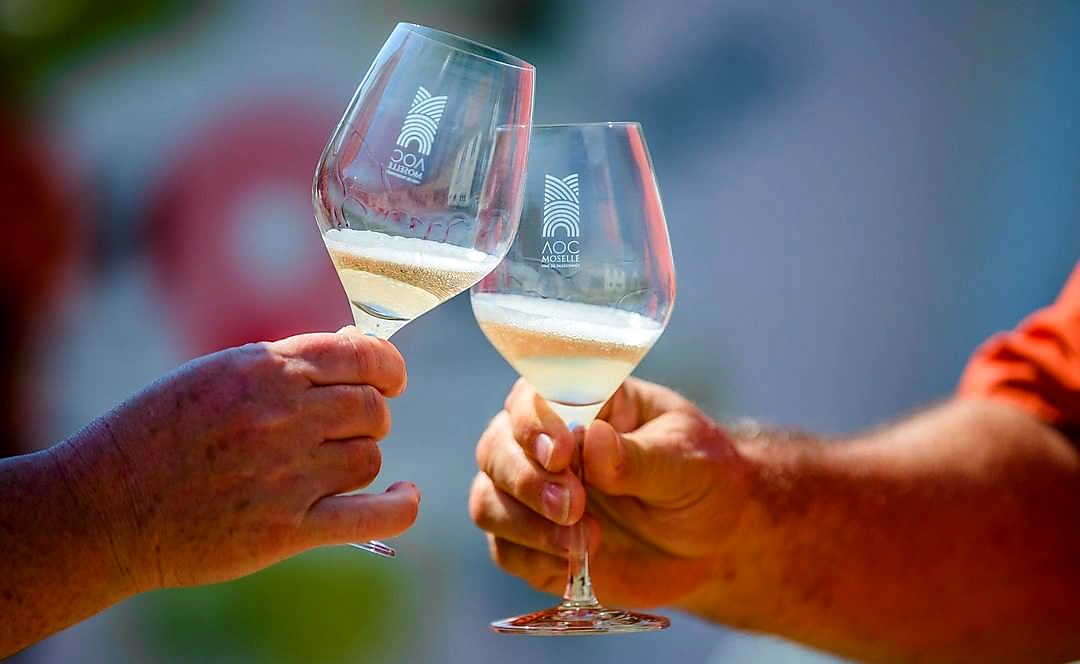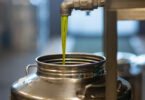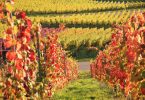The Wolf Post, supported by a Cultural Association, offers a professional service with free access, without subscription.
For this reason, a donation would also be a sign of appreciation for our work.
Moselle is a French appellation of the Moselle Department that extends along the banks of the river in the western Moselle, covering 18 municipalities.
The Moselle has the northernmost AOC area of France, and is a region with an important wine tradition. Due to its continental climate it is suitable for vines with a cool climate, although the rainfall is lower and the hours of sunlight slightly higher than those expected in such a northern position.
Let’s find out more about the characteristics of this territory from the words of Patrick Weiten President of the Département de la Moselle.
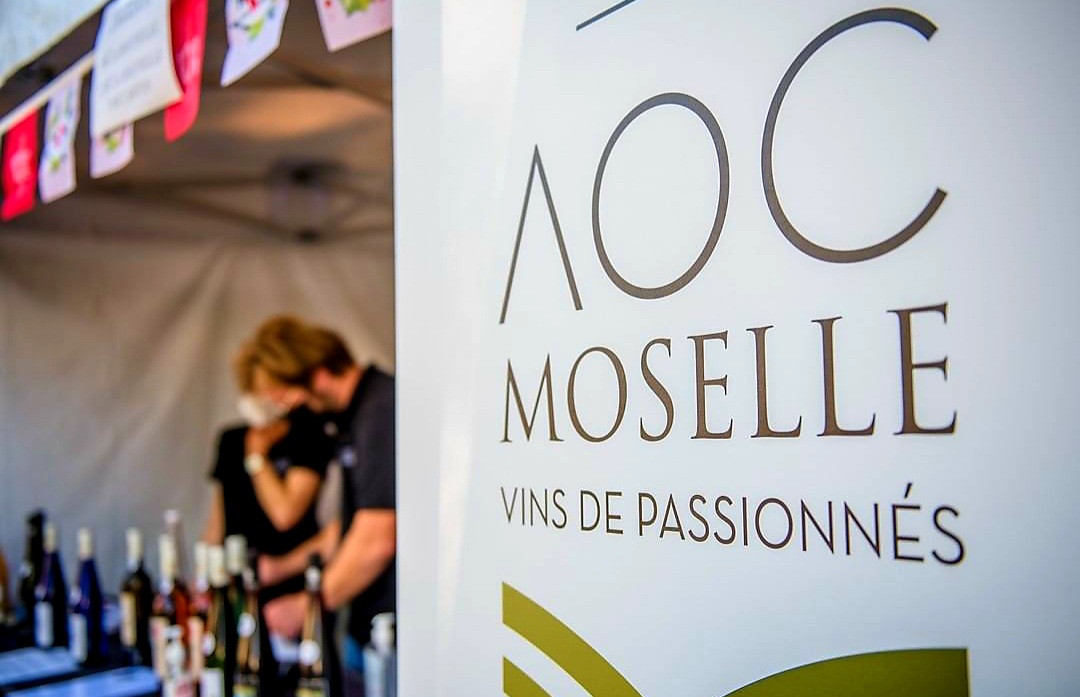
©AOC Moselle
Since the birth of PDO Moselle, which goals have been achieved and which remain to be achieved?
The AOC Moselle was born ten years ago, with a decree of 14 November 2011. The initial goal was to revive a historic and landscape vineyard at risk of extinction following the war, the industrial revolution and phylloxera on the lands of the Moselle.
With 16 winegrowers in 18 municipalities, 78 hectares of vines planted on 678 hectares classified as AOC, almost 2,000 hectoliters of wine produced, this challenge has now been won.
It is the culmination of a long coordinated and collective work of the Moselle winemakers with the unfailing support of the Moselle Department and the Chamber of Agriculture.
The main objective of the next few years is to develop land to establish the reputation and attractiveness of production by responding to an ever-increasing demand that current production cannot satisfy.
What are the peculiarities of the territory and its wines?
This viticultural heritage is the wealth of a territory and a terroir.
Respectful of the environment, of its predominantly clayey-calcareous soils and patient, the northernmost vineyard in France focuses on the quality of these wines.
8 grape varieties make up the AOC Moselle wines:
– white wines obtained mainly from Auxerrois B, Müller-Thurgau B and Pinot grigio G vines and, incidentally, from Gewurztraminer Rs, Pinot Bianco B and Riesling B;
– Single-variety red wines Pinot nero N;
– rosé wines with a prevalence of Pinot Noir N and, incidentally, Gamay N;
The typicality of AOC Moselle wines is widely appreciated. They are fresh and dry wines, drinkable and balanced between fruit and acidity, built wines that cause emotion in the mouth.
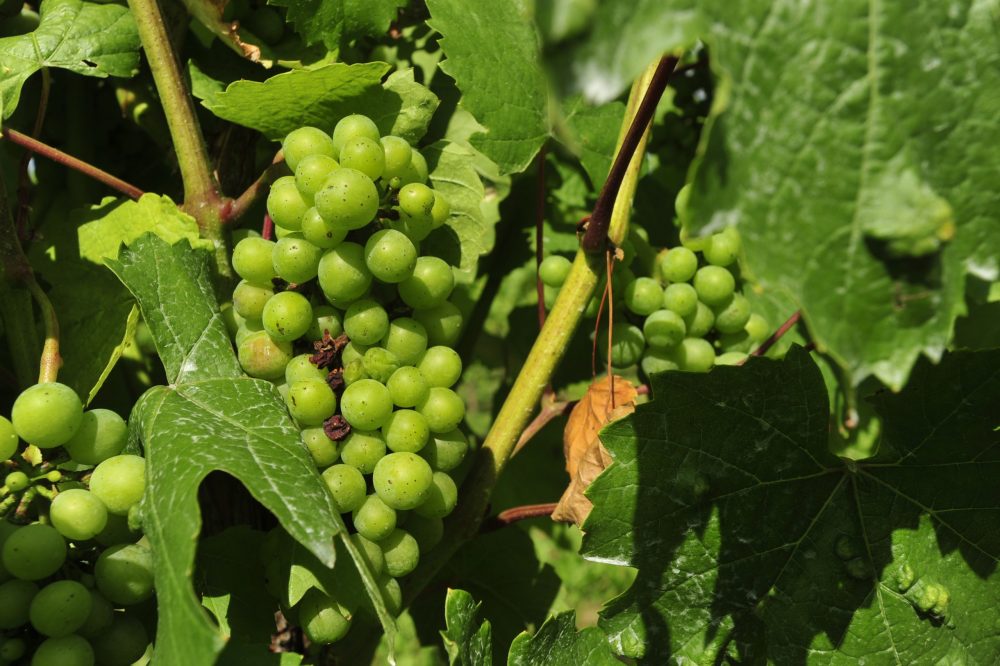
©AOC Moselle
What services/activities do you use to promote your wine region?
We use different tools:
– Communication tools such as the map of the wine route and the guide of producers.
– Media such as our social networks with the promotion of news from winegrowers, communication campaigns such as that of 2021 on the occasion of the 10th anniversary of the AOC.
– Moselle restaurants are also a source of promoting the quality of our wines. They are ambassadors who know and appreciate the terroir and the combinations with local gastronomy very well.
– In 2022, we will be present at the Salon de l’Agriculture, in an area of Moselle, with about twenty MOSL Quality certified producers.
– We have also involved the residents of the Moselle in the history of the Moselle AOC: the Groupement Foncier Viticole was established to install new winegrowers, financed by private contributions.
– Finally, we organize a central event, the AOC Moselle wine festival, in the spring of each year. A veritable institution that brings together almost 5,000 visitors who love Mosel wine and local products. This initiative of the Moselle Department received national recognition with the awarding of the René Renou Prize for the Moselle Wine Festival in 2016 in the Senate by the National Association of the elected vine and wine. This recognition rewards the community that has done the best work, in the last year, for the defense and promotion of the cultural heritage linked to viticulture.
Could you briefly describe the areas of cultural and wine tourism interest of the AOC Moselle?
AOC Moselle develops in the heart of the French Moselle Valley, in 3 sectors:
– Around Metz, in the wine villages near the metropolis and its attractive tourist and cultural offer;
– In the land of the 3 borders, in the north of the Department, near Luxembourg and Belgium. The Moselle valley is steeper here, where the castles of the Dukes of Lorraine and that of Malbrouck meet;
– Finally in the Saulnois: a landscape and a rural heritage with a fairly rich building.
Some winemakers are developing guest rooms or unusual accommodations. The vineyard landscapes offer many possibilities for excursions.
Cross-border wine tourism is also taking an important turn. The Via Mosel’ project, launched by the Moselle European Economic Interest Group (EEIG), brings together the winemaking forces located along the Moselle River from Toul to Köblenz, via Luxembourg and, of course, the Moselle department. The estates and wine-growing villages have been selected for the quality of their tourist accommodation and for their remarkable architecture.
Today, reference is made to sixty French, German and Luxembourgish domains. Among the wine villages, the Pays messin as a whole, the Pays des Trois Frontières, Vic-sur-Seille, as well as for the estates, the Domaines Les Béliers located in Ancy-Dornot and the Vignobles Molozay – Château de Vaux located in Scy – Chazelle.
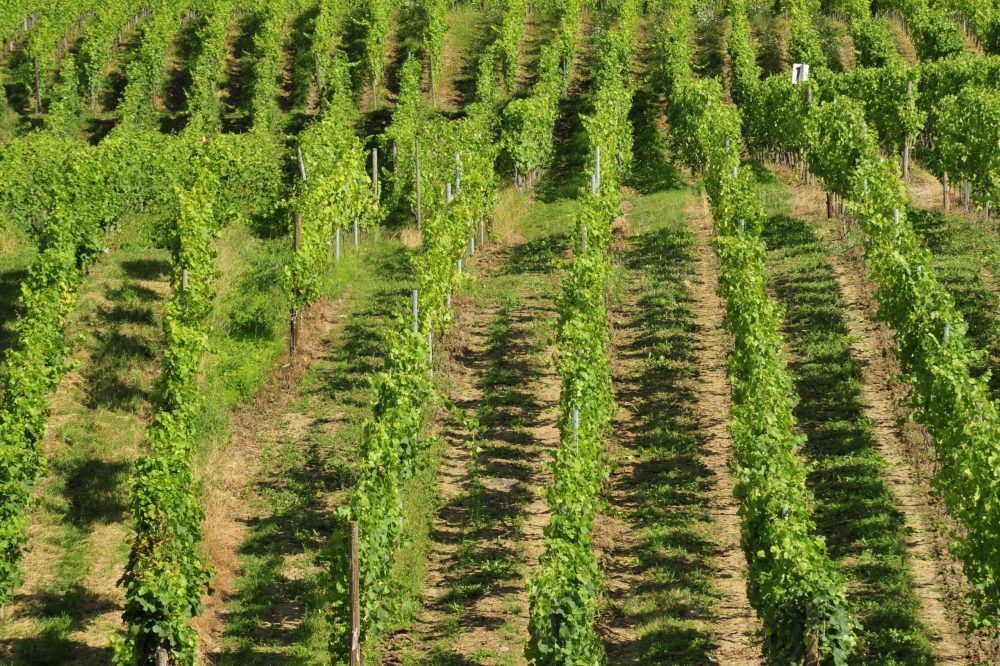
©AOC Moselle
What are the goals set for the near future to spread your excellence more and more internationally?
The Department supports the dynamics of winemakers around the world.
AOC Moselle wines focus above all on quality. The winegrowers work on small volumes and favor the short supply chain (direct and local sales). However, some like the Château de Vaux (14 hectares) already export their products to major French cities, but also internationally (Australia, United States, Japan, the Netherlands, etc.).
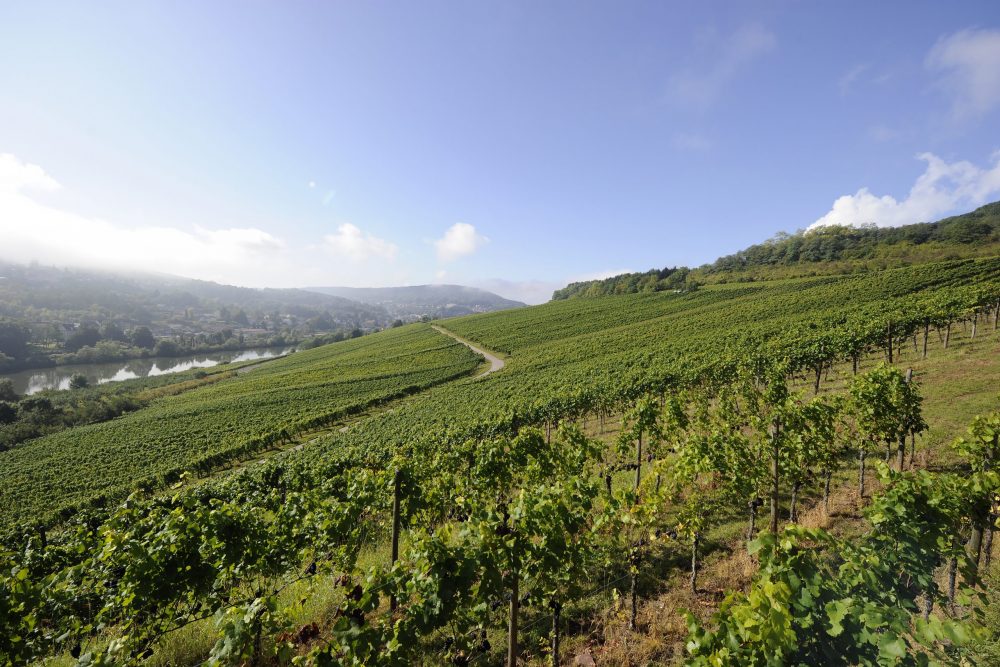
©AOC Moselle
Why are PDO Moselle wines so special?
Our wines have a great strength: their winegrowers.
Everyone is committed to a dynamic quality of their wine, to strive for the perfection of the vine, of the winemaking and of their wines. To achieve this goal, they innovate, take new paths with an ecological and environmental approach fully in step with the times.
Finally, they are niche wines that give them a strength linked to the intimacy they transmit, to the attachment to their territory and to the terroir they express.


